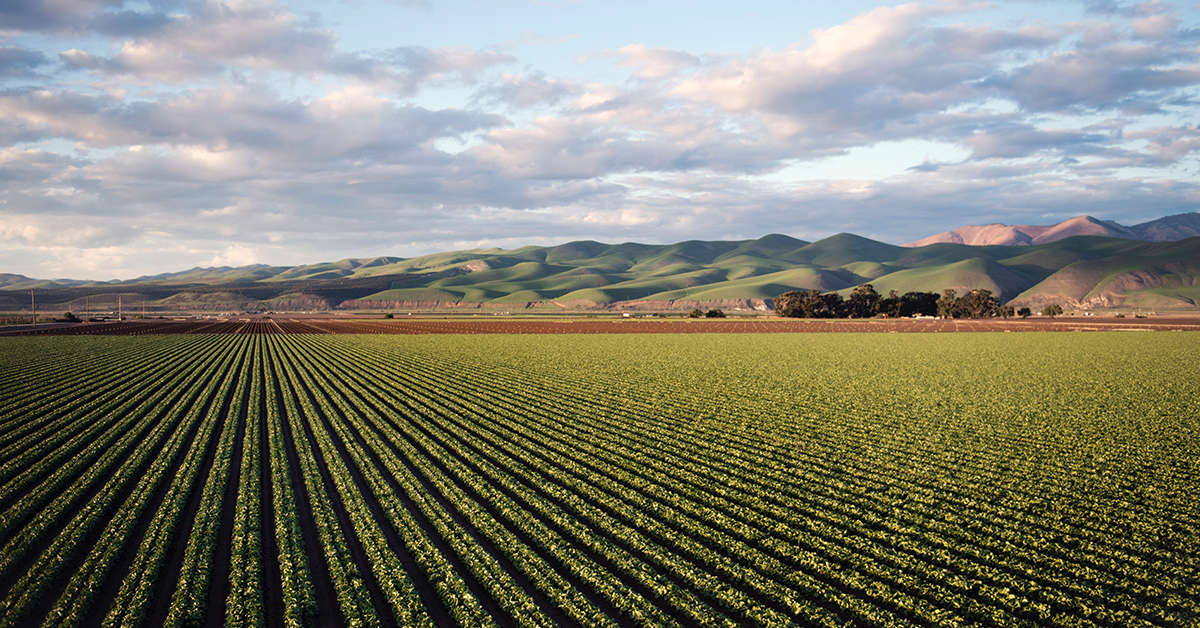 The Food System Challenge has onboarded ten SMEs and cooperatives working in the agri-food sector to its second batch launched in June 2022 following a successful first batch that has received support packages of business development services, technical assistance, and USD cash grants.
The Food System Challenge has onboarded ten SMEs and cooperatives working in the agri-food sector to its second batch launched in June 2022 following a successful first batch that has received support packages of business development services, technical assistance, and USD cash grants.
Berytech and the World Food Program launched The Food System Challenge to support Small and Medium-sized Enterprises (SMEs) and Cooperatives working across the food system while Lebanon continues to face a severe economic crisis.
The selected solutions address the core challenges to improve food security and increase resilience in Lebanon by improving local production, transformation, and consumption.
Selected Participants
The call for applications, which was open throughout March 2022, received 218 applicants, 56 of which were eligible to meet the qualifications criteria. After a thorough review, Berytech gave 23 applicants to pitch their solutions, allowing the jury to select only ten to benefit from the program.
The selection was based on impact, innovation, scalability, cost-effectiveness, feasibility, and added value, among others. The ten selected finalists are
Difaf is an environmental solutions provider and a technical design bureau working to improve the conditions of the water and environmental systems by promoting feasible interventions, and green technologies, and ensuring project sustainability.
Porky’s provides premium quality pork meat and maintains the highest standards in food safety, animal care, and environmental protection. Porky’s offers a huge variety of pork cuts, sausages, ham, and bacon and is ISO 22000 certified.
YY ReGen SAL is working to create a new generation of sustainable, renewable, and successful agribusinesses through the application of affordable cutting-edge technologies, adapted to local conditions, and sensitive to local traditions and traditional knowledge.
Skaff Dairy Farm produces high-quality and natural dairy products for the local market. The business is divided into several departments: the dairy farm, the dairy factory, and the showroom where approximately 900 tons of traditional Lebanese dairy products are produced each year. Alongside the traditional products, several European-inspired ones have been introduced to the local market during these past two years: Mozzarella – Gouda – Feta, etc.
The Good Thymes is a Lebanese agricultural company that brings a fresh breath to traditional Lebanese savors through modern and inspired culinary creations, all based around the unequaled wild Lebanese Zaatar. TGT embarked on an expedition with the best chefs and specialists in Beirut, to create the finest dried herbs mixes, seasoning spices, and other Zaatar-based products.
KANZ is a social enterprise that aims at achieving scalable and lasting change in Lebanon’s rural areas. Through its line of fresh and natural products handmade by the women of Lebanon’s villages, Kanz returns to the land to revive its traditions and share them with the world, while empowering more than 1,000 women in 53 villages.
Sheghel Emeh has focused on the growth of the traditional Lebanese food sector and emphasized its values and health advantages by offering handcrafted Lebanese Mouneh in with an innovative approach.
Mezzmix has a mission to cater to all types of garlic consumers developing their end-to-end garlic journey, from farm to fork with products that revolutionize the way garlic is made and consumed.
DEL LIBANO SAL built the first automated Pasta Factory in 2021, which produces a variety of pasta products using hard (durum) wheat, grown in the Beqaa Valley, Akkar, and South of Lebanon. It currently offers 10 pasta products sold at +1500 points of sale across Lebanon.
DOODA is a women-led earthworm farm that raises earthworms using advanced technologies to produce premium grade solid and liquid vermicompost (organic fertilizer) at a commercial scale.
Jury Feedback
The expert selection panel of the pitching event consisted of Marc Bou Zeidan, QOOT Cluster Manager, Hill Skaff, Agro-food consultant, Jawad Bou Ghanem, Resilience and Livelihood Policy Officer at WFP, Soha Nasser, Agri-Food Specialist at Berytech, Samar Hawwa, Senior Business Advisor at Berytech Fund II, Charbel Hanna, Program Management and Technical Specialist – Agro-Business and Rural Development at USAID, Said Gedeon, Deputy General Manager / Services & Agricultural Development Dept Manager at Chamber of Commerce Zahle and Bekaa and Racil Charara, Program Policy Officer and Grant Manager at WFP.
“The Food Systems Challenge is a great example of donor coordination to support food security in Lebanon. The wealth of innovative ideas I saw in the pitching sessions and in the applications we received was a glimpse of hope that there is still potential for growth in the sector amid the continuous economic challenges we are facing in Lebanon,” stated Charbel Hanna, USAID Program Management and Technical Specialist.
Similarly, Hill Skaff, Agro-food consultant said: “In spite of what is going on in Lebanon, it is simply mind blowing to see how Lebanese companies create business opportunities and innovate! I was fascinated by the level of professionalism, creativity and specifically the passion behind every owner who presented.”
The ten finalists will undergo a transformational journey with clear milestones and objectives set from the start. They will receive a package of business development services, technical assistance, and USD cash grants, with a total value of up to 100,000$ per business.
The selected solutions at the idea stage will be supported to transform their idea into reality. The enterprises with sustainable projects will be supported to grow, expand, and reach wider markets.
The Food System Challenge
The Food System Challenge is implemented by the World Food Programme (WFP) and Berytech through support from the German Federal Ministry of Economic Cooperation and Development (BMZ).
The program’s main outcomes are enhanced food security, a well-functioning local food system, enhanced efficiency and resilience of cooperatives and SMEs working across different streams of the food systems, and increased employment opportunities, especially for women and vulnerable individuals.









